Periodontics
Dental health involves more than just your teeth. At First Choice Dental, we can help support your gum health with in-house periodontics.



What is periodontal disease?
Periodontal disease, or gum disease, is a manageable but chronic infection of tissues that requires an effective, life-long treatment plan. As the disease attacks below the gum line, it causes the attachment between the tooth and its supporting tissues to break down. Without periodontal disease treatment, teeth can eventually become loose and may need to be extracted. Because periodontal disease is usually painless, however, you may not know you have it. So schedule your checkup today!
Warning signs of gum disease
Do you suspect you or a loved one has periodontal disease? Get to know these common symptoms, and visit First Choice Dental for an accurate diagnosis.
- Gums that bleed easily (healthy gums do not bleed)!
- Red, swollen, tender gums
- Gums that have pulled away from the teeth
- Persistent bad breath or bad taste in mouth
- Permanent (adult) teeth that are loose or separating
- Any change in the way your teeth fit together when you bite
- Any change in the fit of partial dentures


Periodontal disease is caused by bacteria that live in the plaque and hard deposits on your teeth. These bacteria create toxins that can damage the gums and bone.


In the early stage of periodontal disease, called gingivitis, the gums can become red and swollen, and bleed easily. At this stage, the disease is still reversible and can usually be eliminated by having a thorough teeth cleaning and practicing daily brushing and flossing. In the more advanced stages of periodontal disease, called periodontitis, the gums and bone that support the teeth can become seriously damaged. the teeth can become loose, fall out, or may have to be extracted by a dentist.


Periodontal disease cannot be cured, only managed. If your dentist diagnoses you with a mild or moderate form of periodontal disease, treatment may include a periodontal therapy conducted by a dental hygienist, followed by periodontal maintenance performed by hygienists in 3-month intervals. More severe cases of periodontal disease must be treated surgically.


The good news is that you can help prevent periodontal disease by brushing twice a day, flossing once per day, eating a balanced diet, and scheduling regular dental checkups.

Real patients. Real reviews.
As a brand new patient everything went very well and I was extremely satisfied!
Kathryn E. PatientThis place is 100x better than any other dentist I've been to and I thought I had a good dentist already. I appreciate the care you provide me and my family.
Nadia F. PatientExtremely accommodating and friendly!! Helpful and informative!! LOVE THIS PLACE.
Stephanie Z. Patient
World-class care for your gum health
First Choice Dental treats gum disease at every stage, and values your comfort with every step. But with regular checkups, First Choice Dental’s experienced staff will find periodontal disease early and can begin treatment at any of our locations.

Schedule an Appointment at our Madison Downtown Location
Looking to schedule a periodontal appointment with First Choice Dental? You’ve made a great choice. Learn more about our Madison Downtown location or call us at 608.251.3535 to schedule your consultation now.
First Choice Dental Cyber Security Update
July 12, 2024
Madison, Wisconsin – July 12, 2024 First Choice Dental (“FCD”) is providing notice of a recent data security event that may have resulted in unauthorized access to personal information. This letter provides information about the event and the steps we are taking in response. Read More
Are you at risk for gum disease? Take this quiz to find out!
June 19, 2024
Gum disease is more common that you might think. If you’re 30-years-old or older, you might be one of the 40% of adults who suffer from periodontal or “gum” disease, an infection that weakens the tissues and bone that support your teeth. Read More
Early Orthodontic Care
May 1, 2024
Did you know that the American Association of Orthodontics recommends that all children have a checkup with an orthodontic specialist beginning at seven years old? If you remember getting braces in your tweens and teens, seven may sound young; however, orthodontists can now detect subtle tooth and jaw development issues much earlier—even while a child’s baby teeth are still present. Read More


